From Mindful Movement to Mental Puzzles
Your brain is like a sophisticated muscle that requires diverse training to reach its full potential. Just as athletes cross-train to enhance overall performance, your brain needs varied stimulation to maintain cognitive sharpness and build resilience against age-related decline. This holistic brain health approach combines physical movement, mental challenges, and mindfulness practices to create a comprehensive brain-boosting regimen that’s backed by science and accessible to everyone.
Understanding Neuroplasticity: Your Brain’s Remarkable Ability to Change
Neuroplasticity allows your brain to form new neural connections throughout life
Neuroplasticity is your brain’s incredible ability to reorganize itself by forming new neural connections. Think of it as your brain’s renovation system—constantly rebuilding, rewiring, and adapting to new information and experiences. This remarkable capability continues throughout your entire life, not just during childhood as once believed.
When you learn something new or practice a skill repeatedly, your brain physically changes. Neurons that fire together wire together, strengthening connections and making those pathways more efficient. This is why consistent practice of brain-healthy activities creates lasting improvements in cognitive function.
The exciting news is that you can actively enhance neuroplasticity through specific activities. Each of the seven strategies in this article leverages this natural process, helping you build a stronger, more resilient brain through consistent, varied stimulation.
“The brain is like a muscle. When we use it, we feel good. Understanding is joyous.” — Carl Sagan
Mental Agility Through Movement: The Mind-Body Connection

The connection between physical movement and brain function is powerful and well-documented. When you engage in mindful movement practices like yoga and Pilates, you’re not just strengthening your body—you’re literally reshaping your brain.
Research published in the Journal of Physical Activity and Health shows that mindful movement practices increase blood flow to the brain, delivering oxygen and nutrients essential for optimal cognitive function. These practices also reduce cortisol levels, the stress hormone that can damage brain cells when chronically elevated.
How Yoga Enhances Brain Function
Yoga combines physical postures, breathing techniques, and meditation—a trifecta for brain health. The controlled breathing practices in yoga increase oxygen to the brain while activating the parasympathetic nervous system, which counteracts stress responses.
Studies show that regular yoga practice increases gray matter volume in brain regions responsible for memory, attention, awareness, thought, and language. It also strengthens the prefrontal cortex, which handles complex cognitive functions like decision-making and emotional regulation.
Pilates: Precision Movement for Brain Power
Pilates demands intense focus, precise movements, and body awareness—all of which create new neural pathways. The concentration required during Pilates activates multiple brain regions simultaneously, strengthening connections between them.
The controlled breathing techniques in Pilates, similar to yoga, increase oxygen flow to the brain while reducing stress hormones that can impair cognitive function.
| Brain Benefit | Yoga Contribution | Pilates Contribution |
| Stress Reduction | Activates parasympathetic nervous system through deep breathing | Promotes mindfulness and controlled breathing |
| Focus Enhancement | Meditation components train sustained attention | Precision movements require intense concentration |
| Memory Improvement | Increases hippocampal volume | Sequential movements build procedural memory |
| Neuroplasticity | Combines movement, breath, and meditation | Challenges coordination and spatial awareness |
Ready to boost your brain with movement?
Try this simple 5-minute yoga sequence to enhance focus and mental clarity. Practice daily for best results.
Brain Training: The Power of Mental Puzzles

Mental puzzles and brain games provide targeted cognitive stimulation that strengthens neural connections and builds cognitive reserve. Like weight training for your brain, these activities challenge specific cognitive functions, making them more efficient and resilient.
Research from the Advanced Cognitive Training for Independent and Vital Elderly (ACTIVE) study found that participants who engaged in regular brain training showed improvements in reasoning and processing speed that lasted for 10 years after the training ended.
Most Effective Brain-Training Activities
- Logic puzzles like Sudoku that require systematic thinking and pattern recognition
- Strategic games like chess that demand planning, foresight, and adapting to changing circumstances
- Word games like crosswords that enhance vocabulary and verbal reasoning
- Number games that strengthen mathematical thinking and working memory
- Visual-spatial puzzles like jigsaw puzzles that improve mental rotation skills and attention to detail
The key to effective brain training is progressive challenge. As your skills improve, increase the difficulty level to continue stimulating neuroplasticity. Variety is also crucial—different puzzles exercise different cognitive domains, creating a more comprehensive brain workout.
Brain Training Tip: Spend 15 minutes daily on a challenging mental puzzle. Rotate between different types of puzzles throughout the week to exercise various cognitive skills.
Cognitive Benefits of Mystery Novels: Reading Your Way to Sharper Thinking

Mystery novels aren’t just entertaining—they’re sophisticated cognitive workouts disguised as leisure reading. When you immerse yourself in a mystery, your brain engages in complex problem-solving, prediction, and memory recall as you track clues, suspects, and plot developments.
Real-World Brain Benefits from Mystery Reading
Consider the case of retired teacher Margaret Wilson, who incorporated mystery novels into her daily routine after retirement. “I started reading Agatha Christie and noticed I was remembering details better in everyday life,” she reports. “I found myself applying the same analytical thinking to understanding news articles and evaluating information more critically.”
This anecdotal experience aligns with research from the University of California, which found that engaging with complex narratives like mysteries activates multiple brain regions simultaneously, creating a “whole brain workout” that strengthens connections between different neural networks.
Mystery novels specifically enhance:
- Deductive reasoning – As you eliminate suspects and analyze clues
- Working memory – While juggling multiple plot elements and character details
- Pattern recognition – When identifying recurring themes or behaviors
- Cognitive flexibility – As you adapt theories based on new information
- Attention to detail – While searching for subtle clues and inconsistencies
“Reading mysteries doesn’t just entertain—it trains your brain to think more methodically and critically about all information you encounter.”
Sharpen your mind with mystery novels
Start with these brain-boosting mystery recommendations that offer complex puzzles and engaging narratives.
Sharpen Your Mind in 10 Minutes a Day: Focus Exercises That Work

In our distraction-filled world, focused attention has become a rare and valuable skill. The good news is that focus, like any mental ability, can be strengthened through consistent practice. These science-backed exercises can dramatically improve your concentration in just 10 minutes daily.
Mindfulness Meditation for Laser Focus
Mindfulness meditation is one of the most thoroughly researched focus-enhancing techniques. A study published in Psychological Science found that just two weeks of mindfulness training improved participants’ focus and memory during cognitive tasks.
Try this simple mindfulness exercise:
- Sit comfortably with your back straight and eyes closed
- Focus your attention on your breathing—the sensation of air moving in and out
- When your mind wanders (which it will), gently bring your attention back to your breath
- Continue for 10 minutes, gradually increasing the duration as your focus strengthens
Each time you notice your mind wandering and redirect it, you’re strengthening your brain’s attention networks—like doing a rep in a mental gym.
Concentration Drills for Mental Sharpness

These targeted exercises build your brain’s ability to maintain focus:
- Single-object focus: Choose any object and focus on it completely for 5 minutes, noting every detail. When your mind wanders, gently return to observing the object.
- Pomodoro technique: Work with complete focus for 25 minutes, then take a 5-minute break. This trains your brain to sustain attention for longer periods.
- Counting breath: Count each breath cycle from 1 to 10, then start over. If you lose track, begin again at 1. This builds focus and present-moment awareness.
- Active listening: During conversations, focus completely on understanding the speaker without planning your response. This strengthens attention networks while improving relationships.
Focus Fact: Research shows that the average person’s attention span has decreased from 12 seconds in 2000 to just 8 seconds today—less than that of a goldfish. Regular focus training can reverse this trend and significantly enhance your cognitive performance.
Fuel for Thought: Nutritional Foundations of Holistic Brain Health
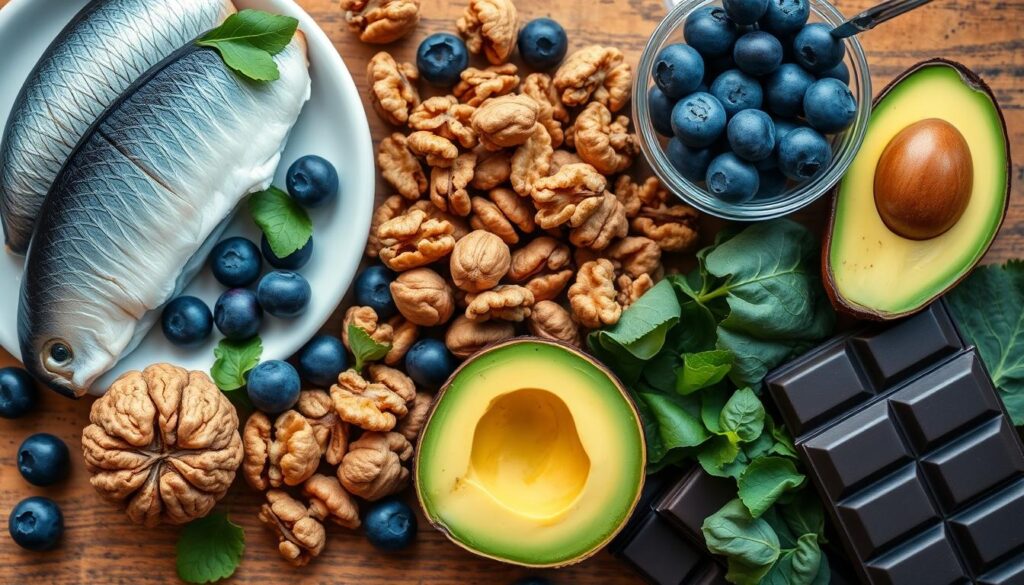
Your brain consumes 20% of your body’s energy despite making up only 2% of your body weight. Providing the right nutrients is essential for optimal cognitive function and long-term brain health.
Essential Nutrients for Brain Function
Research consistently identifies several key nutrients that support brain health:
- Omega-3 fatty acids: Found in fatty fish, walnuts, and flaxseeds, these essential fats are critical for building brain cell membranes and reducing inflammation.
- Antioxidants: Colorful fruits and vegetables contain antioxidants that protect brain cells from oxidative stress and age-related damage.
- B vitamins: Especially B6, B12, and folate, which support neurotransmitter production and may reduce age-related cognitive decline.
- Vitamin D: This “sunshine vitamin” supports neuron growth and repair while regulating immune function in the brain.
- Magnesium: Critical for learning and memory, magnesium is found in dark chocolate, avocados, and leafy greens.
Brain-Boosting Meal Idea: Salmon with quinoa and steamed broccoli, followed by mixed berries with dark chocolate. This meal provides omega-3s, complete protein, antioxidants, and magnesium—all essential for optimal brain function.
Equally important is what to avoid. Research shows that high-sugar, highly processed foods create inflammation that can damage brain cells and impair cognitive function. Limiting these foods while increasing nutrient-dense whole foods creates an optimal environment for brain health.
The Sleep-Brain Connection: Optimizing Rest for Cognitive Performance
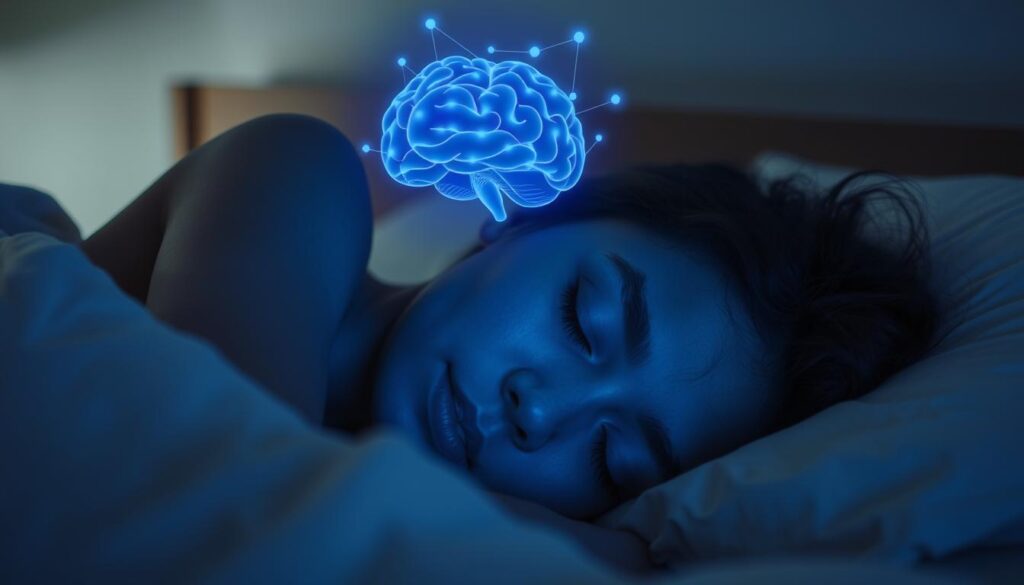
Sleep isn’t just rest—it’s an active period of essential brain maintenance. During sleep, your brain clears out toxins, consolidates memories, and strengthens neural connections made during the day. Without adequate quality sleep, these vital processes are compromised.
Research from the University of California, Berkeley found that even one night of poor sleep can reduce your ability to learn new information by up to 40%. Chronic sleep deprivation has been linked to accelerated brain aging and increased risk of neurodegenerative diseases.
Sleep Optimization Techniques for Brain Health
- Consistent schedule: Go to bed and wake up at the same times daily to regulate your body’s internal clock.
- Sleep environment: Keep your bedroom dark, quiet, cool (65-68°F), and free from electronic devices.
- Digital sunset: Avoid blue light from screens 1-2 hours before bedtime, as it suppresses melatonin production.
- Relaxation routine: Develop a pre-sleep ritual that signals your brain it’s time to wind down—reading, gentle stretching, or meditation.
- Limit stimulants: Avoid caffeine after noon and alcohol close to bedtime, as both disrupt sleep quality.
“Sleep is the single most effective thing we can do to reset our brain and body health each day.”
Your Daily Brain-Boosting Checklist: Putting It All Together

Consistency is the key to building and maintaining brain health. This daily checklist combines all seven strategies into a practical routine that takes just 30-40 minutes total, divided throughout your day.
Daily Brain-Boosting Checklist
- Morning (10 minutes): 5-minute mindfulness meditation + 5 minutes of gentle yoga stretches
- Mid-morning (5 minutes): Brain-training puzzle or game during a break
- Lunch: Brain-healthy meal with omega-3s, antioxidants, and protein
- Afternoon (5 minutes): Focus exercise like single-object concentration
- Evening (15 minutes): Read a mystery novel or challenging non-fiction
- Throughout the day: Stay hydrated, take movement breaks, engage in meaningful conversations
- Bedtime routine: Digital sunset 1 hour before bed, relaxation practice, consistent sleep schedule
Remember that small, consistent actions create powerful cumulative effects. You don’t need to implement everything perfectly—even incorporating a few of these strategies will yield noticeable improvements in mental clarity, focus, and cognitive resilience.
“The brain is a muscle that can be trained just like any other. The difference is that when you strengthen your brain, you enhance every aspect of your life.”
Embracing Holistic Brain Health: Your Path Forward
Your brain’s remarkable plasticity means that positive changes can begin at any age. By implementing these seven science-backed strategies—mindful movement, mental puzzles, mystery reading, focus exercises, proper nutrition, quality sleep, and social connection—you’re creating an environment where your brain can thrive.
The holistic approach recognizes that brain health isn’t isolated from the rest of your life—it’s integrated with your physical health, emotional wellbeing, and daily habits. Each strategy reinforces the others, creating a positive cycle of cognitive enhancement.
Start today by choosing just one or two strategies that resonate with you. As these become habitual, gradually incorporate others. Remember that consistency matters more than perfection, and small daily actions lead to significant long-term benefits for your brain health.
Ready to transform your brain health?
Download our comprehensive guide with detailed instructions for all seven strategies, plus tracking tools to monitor your progress.
Get Your Free Brain Health Guide
Transform your home into a more peaceful and mindful sanctuary. Creating a Zen-inspired home environment is a core part of the “Live.Learn.Create” theme, focusing on peace, mindfulness, and a clutter-free space. Here is a curated list of Zen home items.
The Zen Essentials
These items are the building blocks of a calm, intentional living space.
- Candles & Scents:
- Scented Candles: Look for calming, natural scents like sandalwood, lavender, white tea, or bergamot. Choose candles made with soy or beeswax for a clean burn.
- Essential Oil Diffusers: A minimalist, sleek diffuser made of bamboo, ceramic, or glass.
- Essential Oil Sets: Look for blends specifically for relaxation, focus, or sleep.
- Incense & Burners: Natural incense sticks (e.g., palo santo, sage) with a simple, elegant burner.
The Zen Decor
This is about incorporating natural elements and simple design.
- Natural Materials:
- Wood or Bamboo Trays: For organizing candles, stones, or other small items.
- Ceramic Vases: Simple, unglazed ceramic vases in neutral colors like white, beige, or gray.
- Minimalist Art: Simple line drawings, abstract prints, or nature-inspired artwork.
- Hand-Carved Stone Coasters: Or other small stone sculptures.
- Textiles:
- Linen or Cotton Throws: A soft, neutral-colored throw blanket to add warmth.
- Jute or Sisal Rugs: These add natural texture and grounding to a space.
- Meditation Cushions (Zafu) & Mats (Zabuton): These provide comfort for meditation and add a serene touch to a room.
The Zen Ambiance
These items help create a peaceful sensory experience.
- Lighting:
- Himalayan Salt Lamps: These provide a warm, soft glow.
- Japanese-style Paper Lanterns: For a soft, diffused light source.
- Dimmable Smart Bulbs: To easily control the warmth and brightness of your lighting.
- Sound:
- Tabletop Water Fountains: The gentle sound of running water is incredibly calming.
- Wind Chimes: Made from natural materials like bamboo or metal for a soft sound.
- Bluetooth Speakers: Small, aesthetically pleasing speakers for playing ambient or meditation music.
- Nature:
- Bonsai Trees or Air Plants: Low-maintenance indoor plants that bring life and a touch of nature indoors.
- Zen Gardens: A small, tabletop sand garden with a rake and stones for a meditative ritual.
- Decorative Rocks & Pebbles: For bowls or as a decorative element.
Best Sellers https://amzn.to/3Vet1tI
New Releases https://amzn.to/4mwLjTi
Amazon Movers & Shakers https://amzn.to/4fPsZlP
Mindfulness Coloring Books https://amzn.to/4fQ0wMx
Personal Growth Coloring Books https://amzn.to/4lJeRf0
Health & Wellness https://amzn.to/4oRt24C
Zen Home Decor https://amzn.to/3VeA3i6
Zen Garden Decor https://amzn.to/4mXjT8D
Zen Garden https://amzn.to/3HQTVVB
- Mindfulness & Meditation:
- Physical Wellness:
- Habit & Productivity Tools:
- Books:
- Best-selling personal development books (Mindset, The 7 Habits of Highly Effective People, The Subtle Art of Not Giving a F*ck)
- Books on a variety of skills (coding, photography, writing.)
- Educational Gadgets:
- Smart pens that digitize notes (e.g., Rocketbook)
- Portable scanners for digitizing documents
- Laptops, tablets, and accessories
Create (Creativity, Innovation, Projects)
These products cater to your creative side, whether you are a artists, writer, or DIY enthusiasts.
- Creative Supplies:
- Adult coloring books or “paint-by-sticker” books
- Craft kits (e.g., candle-making, pottery, embroidery)
- Digital Creation Tools:
- General Inspiration & Making:

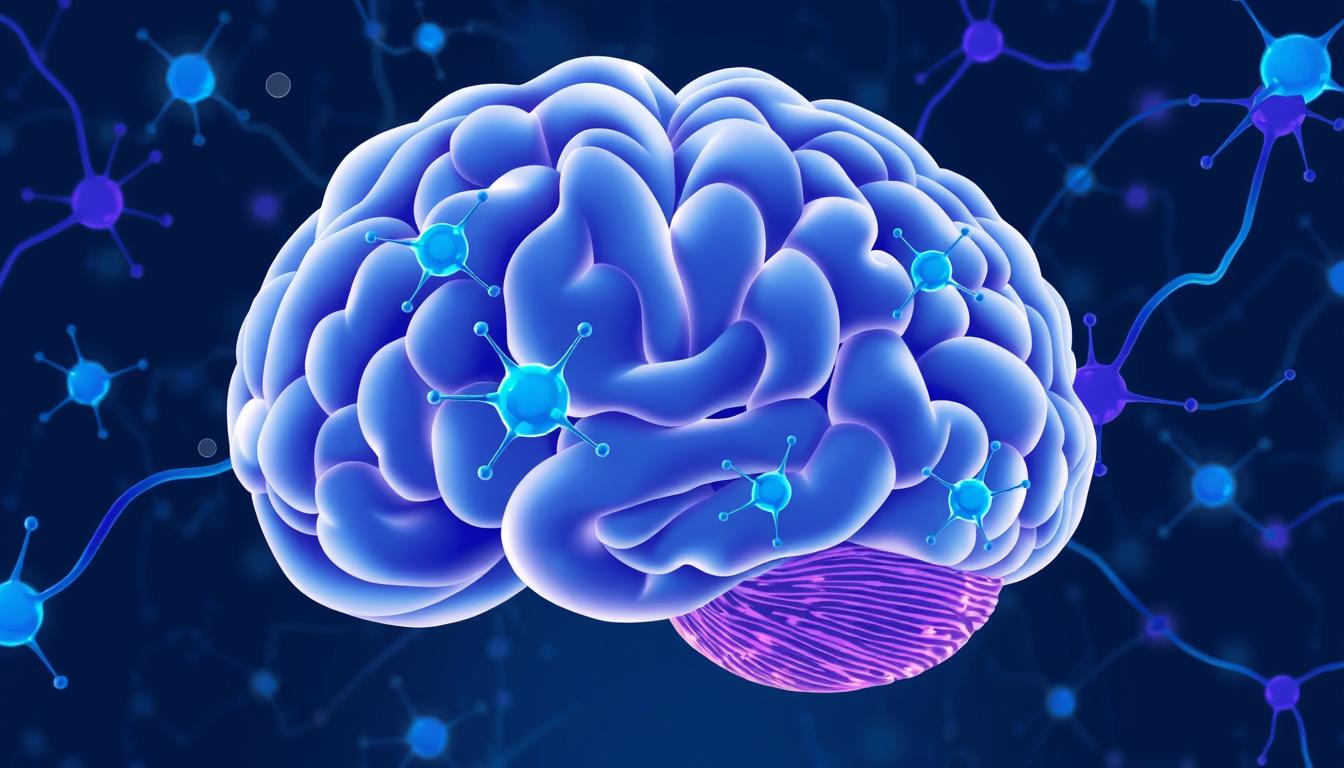
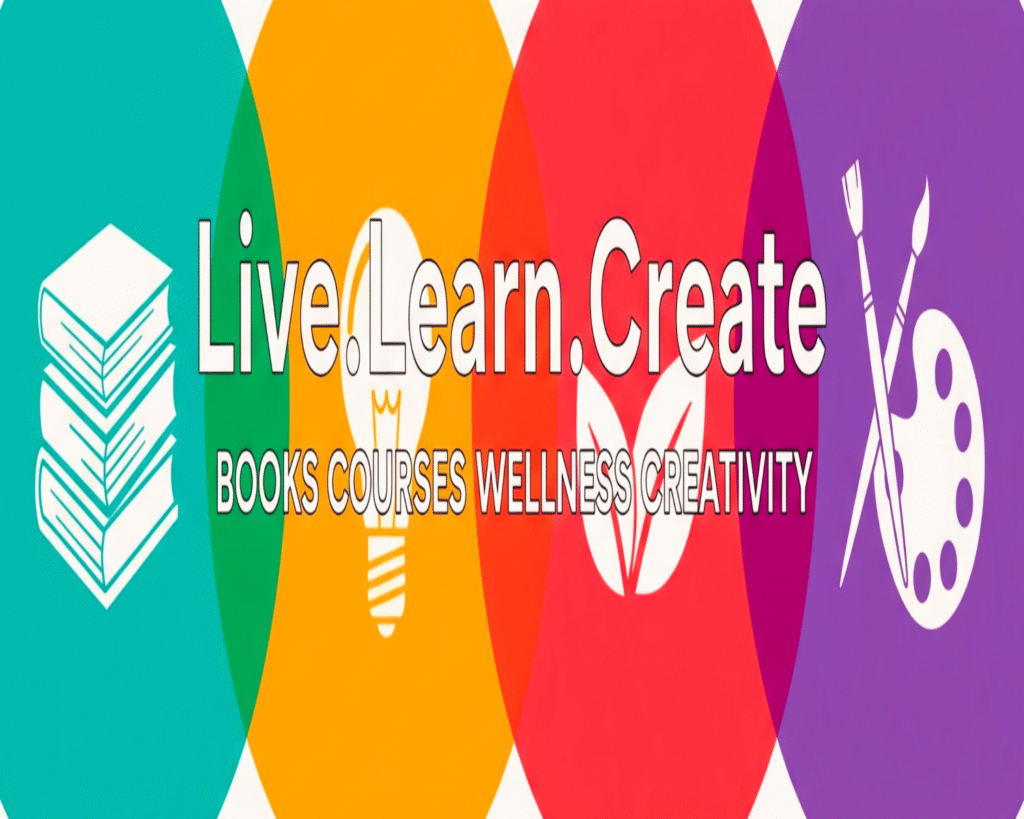












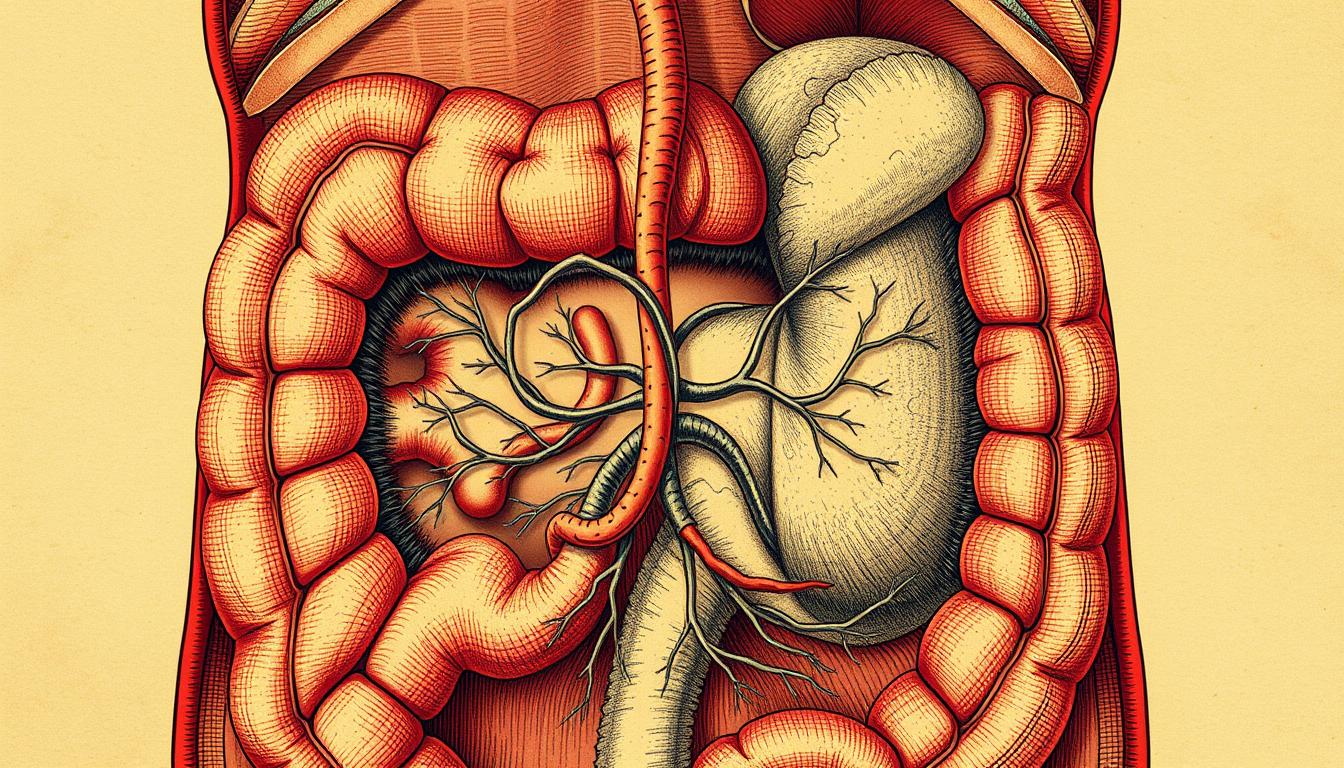

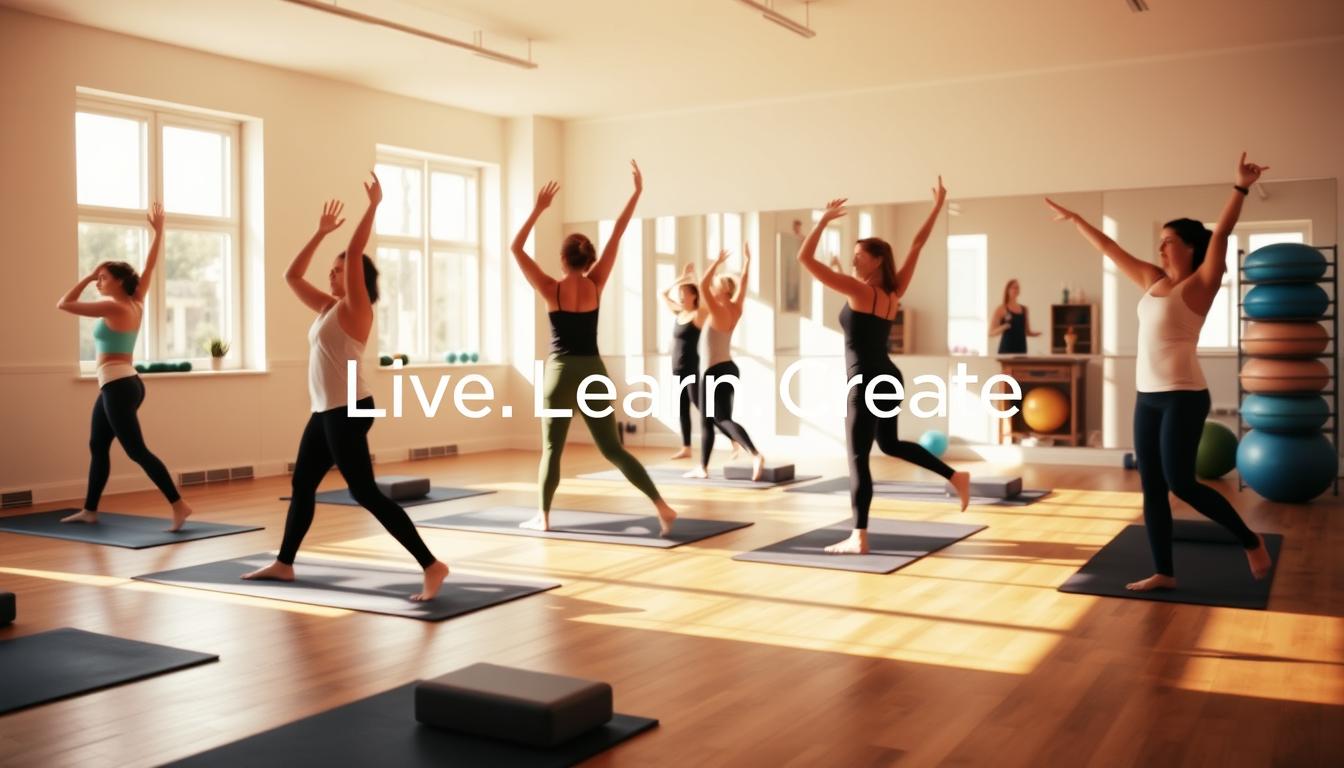








The Social Brain: How Relationships Enhance Cognitive Function
Humans are inherently social creatures, and our brains reflect this fundamental aspect of our nature. Research consistently shows that regular social interaction is a powerful predictor of cognitive health and longevity.
A landmark study published in the Journal of the International Neuropsychological Society found that people with strong social connections showed slower cognitive decline and were less likely to develop dementia compared to socially isolated individuals.
How Social Connection Strengthens Your Brain
Social interaction benefits your brain through multiple mechanisms:
Social Brain Fact: Research from the Harvard Study of Adult Development—the longest-running study on happiness—found that the quality of our relationships at age 50 was a better predictor of physical and mental health at age 80 than cholesterol levels, wealth, fame, or social class.
Even introverts, who may prefer smaller gatherings or one-on-one interactions, benefit significantly from meaningful social connections. Quality matters more than quantity—deep, supportive relationships provide greater cognitive benefits than numerous superficial connections.